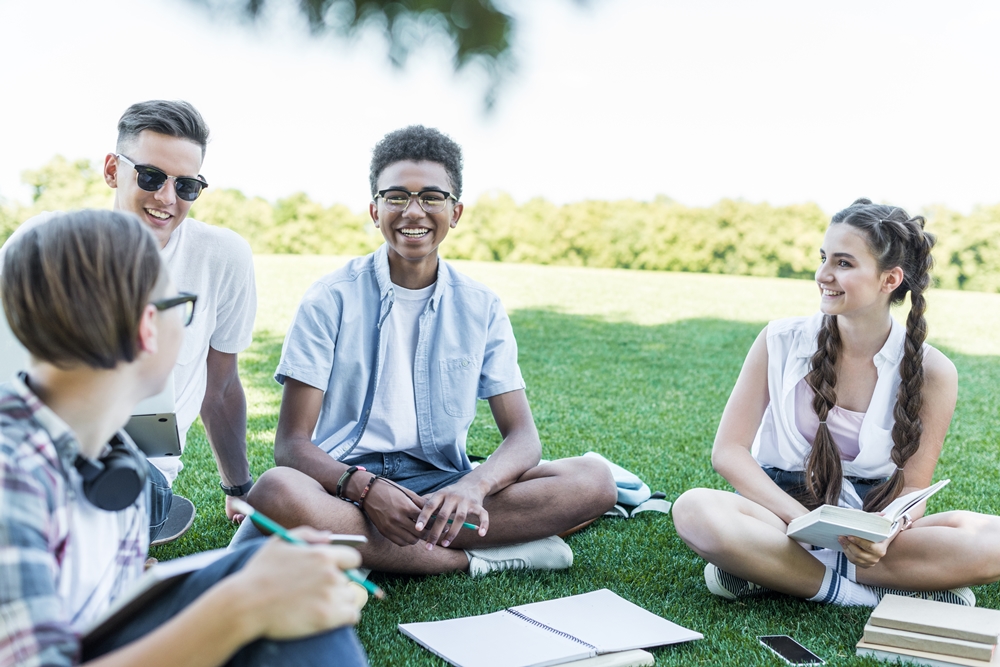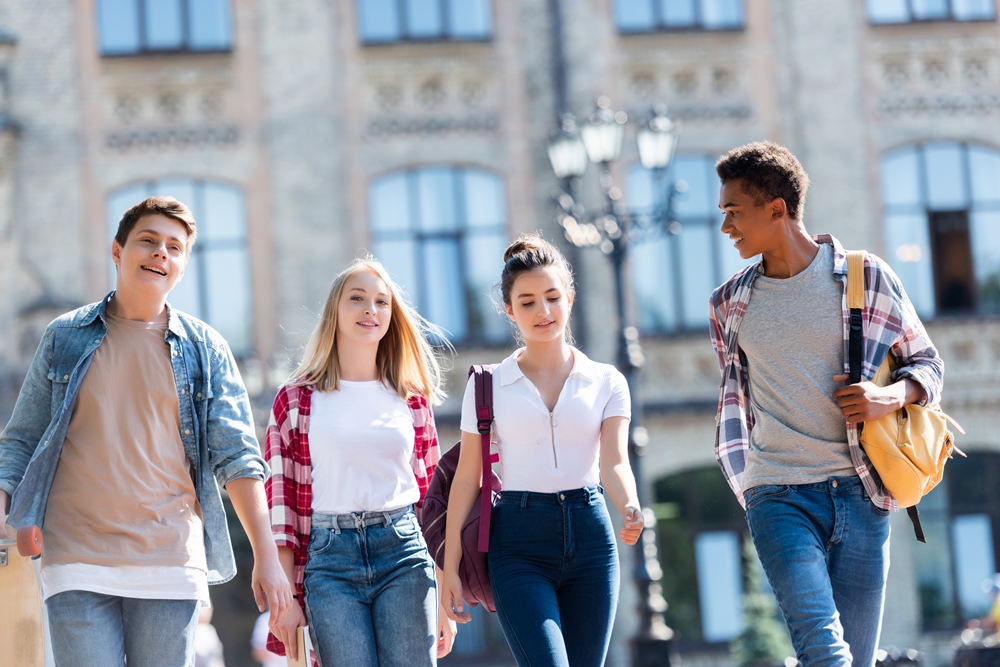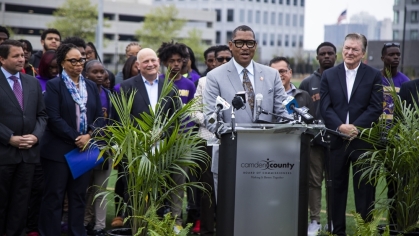Youth May Be Negatively Impacted by Contentious Political Environment, Warns Childhood Studies Researcher

Since the presidential election polls closed on Nov. 3, Americans have witnessed a whirlwind of political events on the national stage.
Dan Hart explains that there is an especially vulnerable – but often overlooked – population that may be severely impacted by these events: young people.
“Young people are drawn to civic life when they see opportunities to fulfill their responsibilities to their communities and country, and realize their values,” says Dan Hart, a professor of childhood studies and psychology, and a senior vice chancellor, at Rutgers University–Camden.
Hart posits, for instance, that the insurrection at the Capitol makes political life appear to be about power and dominance rather than democracy and collaboration.
“The president’s continued insistence about the vote leads young people to imagine that our public institutions are hidden conspiracies rather than civic organizations responsive to citizens,” says Hart. “This decreases public trust and political efficacy.”
So, on the other hand, what helps to solidify that trust? For Hart, it means young people seeing the stable wheels of democracy in action.
For example, he says, in the wake of the protests at the Capitol turning violent, many Democrats are calling for President Trump to be impeached for a second time. In the absence of hard data, Hart believes that many young and older Americans alike will find it reassuring to see some bipartisan consideration of removing the president from office.

Dan Hart
“However, I’d think it needs some bipartisan support to suggest functioning institutions rather than partisan action,” he says.
In this contentious environment, how can young people be encouraged to respect and participate in the political process without becoming disaffected by it? Simply calling for more civic engagement, says Hart, “misses the point.” He notes that civic education in schools is insufficient, and must be complemented by strategies to enhance civic skills and attitudes.
“For instance, while it is true many of the people who participated in the riot at the Capitol know little about the country, in general, people know roughly as much about the facts of the nation as they did 20 years ago,” he says. “What has diminished is trust, collaboration, and economic opportunity. We can’t address the ills of the moment by improving the teaching of American history.”
In order to make “better citizens,” says the Rutgers–Camden researcher, young people should be afforded more opportunities to get involved and succeed. He notes that youth exhibit the wide range of skill sets, cultural perspectives, and educational experiences that prepare them to contribute to society. In addition, he argues, there is much evidence showing that today’s youth, including those from ethnic minority and low-wealth populations, are open to new learning opportunities that have lasting positive benefits.
“In taking all of this data into account, cultivating better citizens is a very attainable goal,” says Hart, who charts the course for engaging the next generation of capable, civically responsible youth in his book Renewing Democracy in Young America (Oxford University Press, 2018), co-written with James Youniss of the Catholic University of America.

Hart and Youniss propose that youth can be transformed from informed voters to concerned and active citizens through science-based, civic oriented, environmental engagement. Among other ideas proposed by the authors, they explore the benefits of lowering the voting age for municipal elections to age 16. Hart and Youniss present new research indicating that 16- and 17-year-olds have the requisite qualities—civic knowledge, attitudes, and participation—necessary to vote responsibly, and that allowing young people to vote in municipal elections will deepen commitment to democracy.
Lost in all the post-election mayhem, notes Hart, is the fact that young people engaged in the political process can and do make a difference. One need look no further, he says, than the key impact of young people in determining the outcome of the Georgia Senate runoff.
“It’s unfortunate that this important example of youth action is submerged beneath the ugly events of D.C.,” he says.


